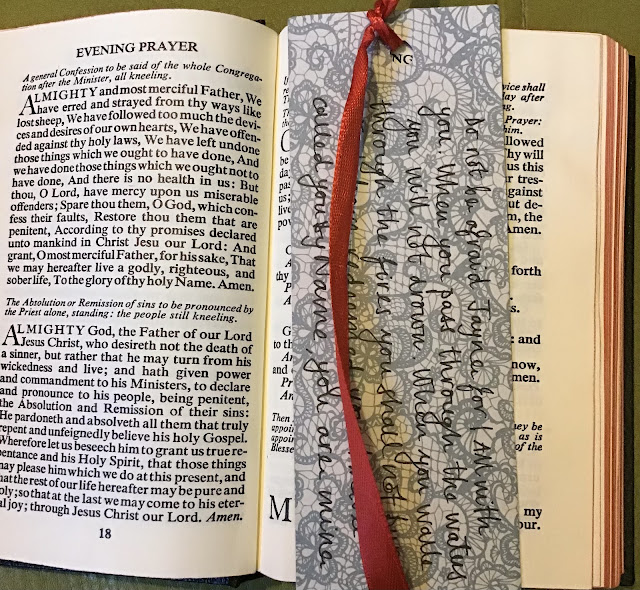Tell it to the bees – A sermon on 1 Timothy 2:1-7, the day before the funeral of Queen Elizabeth II.
I remember when the Berlin Wall came down, though I was very young. I can still remember the news footage that followed, of ordinary people taking pic axes to the brick. I remember in August 1997 when my mum woke me early in the morning to say that Princess Diana had died, after a terrible collision in a Paris tunnel. I remember the dawn of the new Millennium and the bug which we’d been warned would destroy our communications systems and banking and life as we knew it, not coming to pass at all. I vividly remember being sat in my living room and watching the planes flying into the Twin Towers, and the horror everyone felt as the buildings came down. And if I live to be 100, I will never forget where I was when I heard that Queen Elizabeth II had died and what life was like in the week following her death.
One of the most striking things I’ve noticed is that this has affected everyone, from the most ardent royalist to the most militant republican. The response that people have shared most frequently with me has been one of surprise and bewilderment: “I didn’t know I’d feel upset but I am. I don’t know why I feel so sad but I do.
The queen’s death has come after a really difficult few years, where people were kept from one other, by real physical barriers, and now death has drawn them together, as it so often does. Who do you tell? The past week has demonstrated a need to seek one another out to join with the telling.
The most striking moment for me was learning that the task of the royal bee keepers was to tell the bees that the lady of the house was gone forever. The sight of the royal beehives wrapped in black ribbon was particularly poignant. Bees are community minded creatures and if they’re not kept informed of the latest news, especially when it’s something momentous, then the hive will up and fly away. Whatever happens, you must always tell it to the bees.
Our epistle reading begins with this:
“First of all then, I urge that supplications, prayers, intercessions and thanksgivings should be made for everyone.”
The letters addressed to Timothy and Titus are known as the Pastorals. They are writings written in the style of St Paul sent to growing Christian communities to encourage and equip them to better serve one another and to serve their communities. This seems to be sound advice for the times we’re living in. This is what a Christian community does when earth shattering, and extraordinary events take place –we make ourselves available to people for the telling. We create a space for people. We pray. We talk to God. We ask God to intervene on their behalf. We give thanks.
Our prayers are for everyone. For the least, the lost and the last. For Kings and all who are in high positions. To use the word used in our epistle reading, our prayers are for Anthropos – humankind. For everyone. For God desires everyone to know God and to come to the knowledge of the truth: That in His sight there are no Kings or Queens or ordinary folk. Only beloved children.
We are the heralds of good news during dark and difficult times, but when those times come it isn’t always our task to do the telling. Sometimes the greatest service we can offer is to listen. We are not the beekeepers. We are the bees.
Bees are an apt Christian symbol long used in art to depict both Jesus and his disciples, representing industry, servanthood, wisdom and perseverance, they work together for the good of the community. Indeed, if the community don’t share the big moments with us – and also the small – then what is the point of us being here? Like bees our purpose is to flit here and there in our community, making our presence known to all. That’s where our true service lies. A hive that is unknown and ignored would do well to up and leave.
When you have disturbing or momentous news and the need to unburden yourself, you could do far worse than tell it to the bees. Tell the bees your sadness. Your fears. Your worries. Your concerns and your cares. For when there is upsetting news to tell we all need someone to tell it to.




Comments
Post a Comment